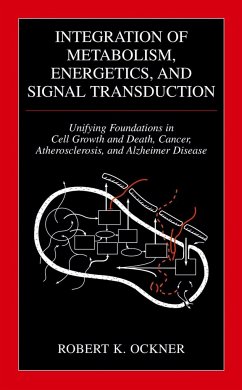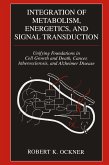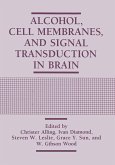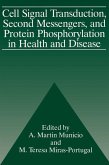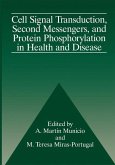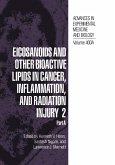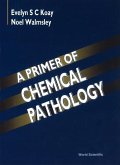Complex and unexplained phenomena tend to foster unorthodox perspectives. This publication is an example, as is a prior publication that emphasized the concept that intermediary metabolism might play a significant and determining role in hepatocyte proliferation and 1 tumorigenesis. Formulation of this hypothesis was based on an attempt to clarify several poorly understood phenomena; including the observations: 1) that xenobiotic peroxisome proliferators such as the fibrate hypolipidemic agents induce hepatocyte proliferation and carcinogenesis in rodents; 2) that benign and malignant liver tumors complicate the human syndrome of glycogen storage disease type I (glucose-6-phosphatase deficiency); and 3) that in this same syndrome, administration of glucose exerts an anti-tumor effect. Fatty acid and glucose metabolism are tightly linked in a we- established and profoundly inportant interplay. This connection, together with the fact that peroxisome proliferator-induced hepatocyte proliferation and carcinogenesis reflects inhibition of mitochondrial carnitine palmitoyltransferase-I and fatty acid oxidation, suggested the possibility that regulation of fatty acid metabolism could prove to be a pivotal determinant in the control of cell growth. In 1993, the year in which the paper cited above was published, insight into the importance of growth factors and signal transduction pathways in cell cycle regulation was increasing rapidly, but metabolic and energetic aspects of cell proliferation had attracted relatively little attention. Despite this, the concept seemed inescapable that the two seemingly distinct and unrelated determinants signal transduction and metabolism were integrally linked.

